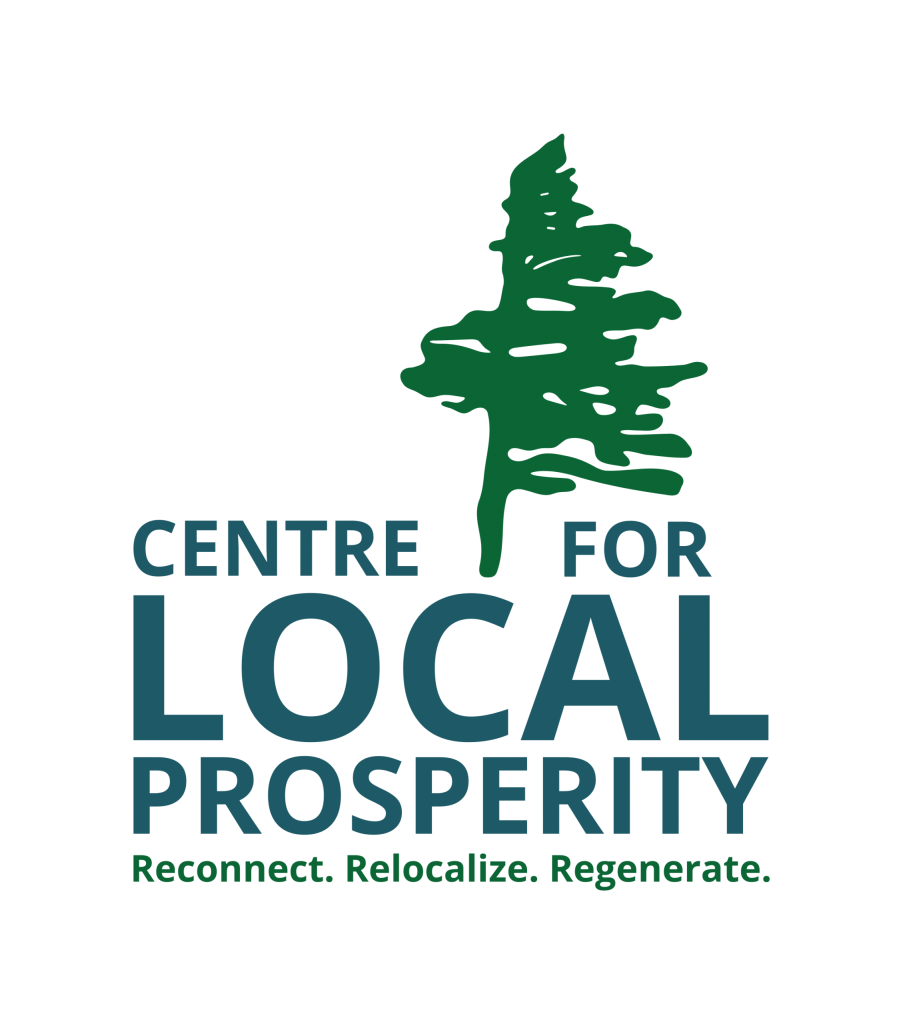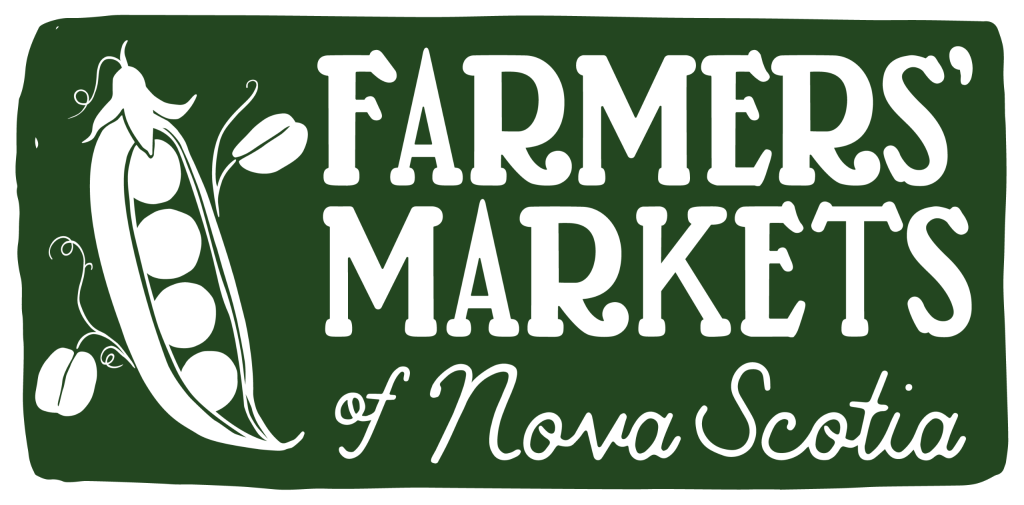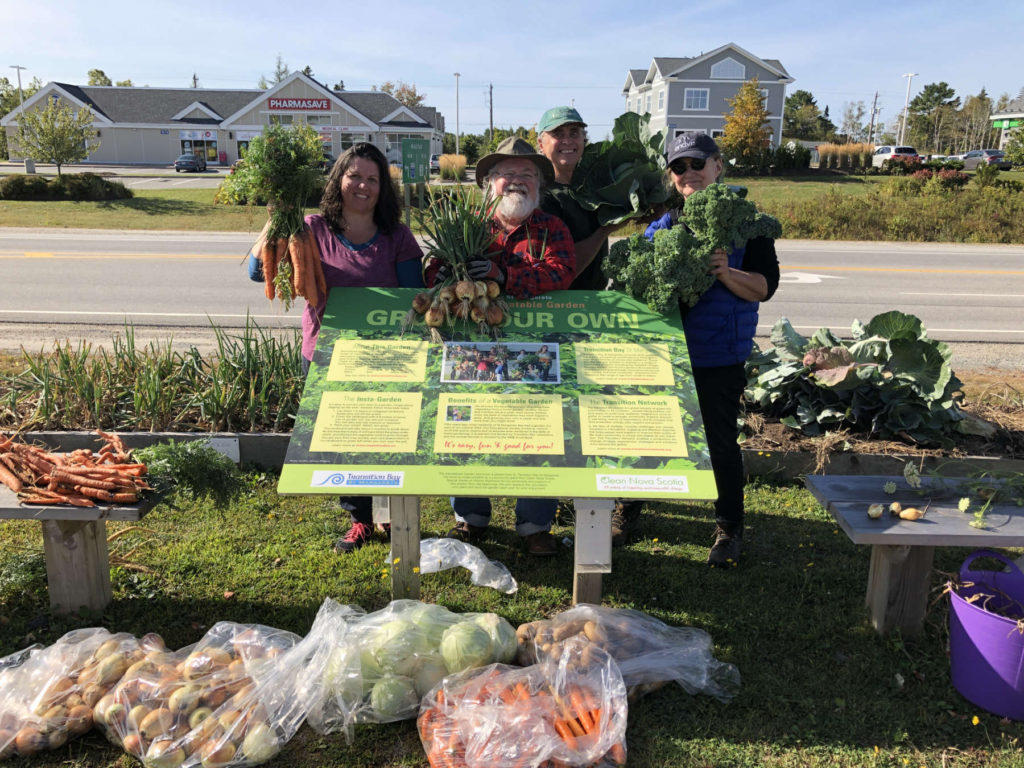AFAC Home
The Atlantic Food Action Coalition is an alliance of individuals and organizations from across Atlantic Canada who are committed to building robust regional food systems. We are committed to working together to share knowledge, resources and solutions to create more equitable and sustainable food systems for all. By creating a collective voice, we can amplify our efforts for change. We can leverage the strengths of each region to support others, sharing what is working, what gaps need to be filled, and the challenges. Together, we can co-create thriving local food systems that provide everyone access to healthy, affordable and culturally appropriate food.
Our Story
Founding Organizations
The Atlantic Food Action Coalition (AFAC) aims to create a network of networks throughout Atlantic Canada with local food systems, change making organizations and individuals. Below are AFAC’s founding organizations:




Become an AFAC Member or Associate
Why Become A Member?

The Atlantic Food Action Coalition (AFAC) is a “network of networks” that connects organizations working on food at a systems level. We amplify the impact of these networks at the regional and national levels and foster deeper connections between organizations throughout Atlantic Canada.
Membership in AFAC is open to nonprofit organizations with mandates related to food systems including: Indigenous organizations, food policy councils/groups, informal (unincorporated) network organizations, academic groups with a food systems focus, commodity groups, industry associations within the food system, and trade unions that represent workers in the food system.
Becoming a member means that your organization can be a part of setting AFAC’s agenda, primarily through electing (and being eligible to serve on) the Board of Directors. This is especially impactful right now, in the early days of AFAC’s formation. Members will be connected to other organizations across the region to exchange resources, knowledge and experiences, build partnerships, and extend the reach of AFAC’s network.
While only those organizations outlined above can be members of AFAC, individuals (including academics) and other types of organizations (e.g., businesses without publicly traded stock, government departments and agencies) can become associates. Associates will receive more frequent communication from AFAC about the work being undertaken by the organization and its members. If you’re interested in staying in touch with food systems work across Atlantic Canada, this is the place for you.
AFAC MEMBERSHIP / ASSOCIATION
Members
Associates
If you are unsure which type of membership you fit into, please reach out to Liv at liv@centreforlocalprosperity.ca
Follow Us on Instagram
To those of you that joined us at Dig In 2.0: Atlantic Food Systems Summit, thank you for showing up and sharing your energy, passion, ideas, and dedication to collaboration in building stronger, more equitable food systems rooted in justice, sustainability, and community care. Last weekend highlighted the urgency needed to dismantle systemic racism, colonialism, and inequity in our food systems.
This is ongoing, collective work–we’re grateful for your honesty, courage, and commitment. Thank you for your engagement and feedback—we look forward to continuing this work and journey together.
We welcome your feedback and encourage you to email us at info@atlanticfoodaction.ca
À toutes les personnes qui ont participé à Dig In 2.0 : Sommet des systèmes alimentaires de l’Atlantique, nous vous remercions d’avoir été là et d’avoir partagé votre énergie, votre passion, vos idées et votre engagement envers une collaboration visant à construire des systèmes alimentaires plus solides et équitables, ancrés dans la justice, la durabilité et le soin communautaire. Le week-end dernier a souligné l’urgence de démanteler le racisme systémique, le colonialisme et les inégalités dans nos systèmes alimentaires.
Ce travail collectif est en constante évolution et nous sommes reconnaissant·e·s pour votre honnêteté, votre courage et votre dévouement. Merci pour votre participation et vos retours. Nous sommes impatient·e·s de continuer ce travail et ce cheminement ensemble.
Vos commentaires sont précieux et nous vous invitons à nous écrire à info@atlanticfoodaction.ca.
Nov 29

🥕 Dig In 2.0 starts tomorrow! 🥕
We can’t wait to welcome you to the @confedcentre tomorrow!
DAY 1
🍓2pm - Registration opens!
🍓3pm - @legacygarden.pei tour at the @pei_farm_centre
🍓5:30pm - Summit Welcome & Opening Ceremony with Elder Marlene Thomas
🍓6:30pm - Dinner
🍓7:30pm - Keynote presentation with @paultaylorto
🍓9:00pm Reception with the Island Jazz Band
Nov 21

🌀 AFFINITY GROUPS & HOSTS 🌀
🥕 Affinity Groups, central to the programming of Dig In 2.0, will be held in three sessions where attendees will engage in discussions with Affinity Group hosts and other session attendees about issues being experienced in various nodes of food systems in the region to listen, learn from, help resource, and potentially find solutions together to roadblocks being experienced!
Have you registered? Link in bio to Eventbrite! 💚
Nov 15

🍎 Join us for a weekend of collaboration and network building toward our shared goals of increased food security, food sovereignty, and more resilient and just food systems in Atlantic Canada!
🍎 Register through the Eventbrite link in our bio!
Oct 30

🥕 We are officially one month away from Dig In 2.0 Atlantic Food Systems Summit! 🔔🔔
🥕 From November 22-24, stakeholders from both the supply and demand sides of food systems across Atlantic Canada will gather on Epekwitk (Price Edward Island). Please join us as we convene to connect and strengthen food security, food sovereignty, and resilience in the region!
🥕 Register through the link in our bio via Eventbrite! We can’t wait to see you there!
Oct 23

📣 Dig In 2.0’s next speaker, Dr. Phoebe Stephens, will guide attendees through an exploration of the role of alternative food networks in a corporate-dominated landscape 📣
Registration information can be found on Eventbrite through the link in our bio! ✨
**Phoebe’s last name is spelled Stephens
Oct 2

Dig In 2.0’s schedule is shifting from the first Dig In conference’s speaker-heavy format to an event focused on collaboration and dialogue between food systems stakeholders; however, we do have a couple exciting and knowledgeable guest speakers joining us!
Meet Dig In 2.0’s keynote speaker, Paul Taylor! 👏🏼✨
We can’t wait to welcome Paul to Dig In and hear him talk about building equity and justice in food systems by opposing systemic issues including patriarchy, capitalism, colonialism, white supremacy, and more.
📣. Registration is open! Tickets are available through the Eventbrite link in our bio!
Sep 25

🥕Registration is now open for Dig In 2.0 Atlantic Food Systems Summit! 🥕
Dig In 2.0 will take place on Epekwitk (Price Edward Island) in Charlottetown from November 22-24, 2024.
We hope to see folks from across all Atlantic provinces and sectors of the food systems in the region!
Spots are limited; please register early via the Eventbrite link in our bio!
We look forward to connecting with you in person 💚
Sep 16

📣 Registration for Dig In 2.0 Atlantic Food Systems Summit opens this Monday, September 16! Check back on Monday for the Eventbrite link! Spaces are limited; please register early!
We can’t wait to see you in November to gather and collaborate on how we can strengthen food systems in Atlantic Canada💚🎉
Sep 13

✨ Founding organizations of AFAC include @foodfirstnl @foodforallnb @marketfreshns and the @centreforlocalprosperity
✨ Membership is coming this fall! We can’t wait to welcome you to join as members of the Atlantic Food Action Coalition and to work together to build a regional coalition for food systems action across Atlantic Canada!
Stay tuned! 🍂
Aug 22

📣 Save the Date! 📣
Mark your calendars for November 22-24, 2024!
🗓️ Dig In (2.0) is on the way! The Atlantic Food Action Coalition can’t wait to welcome you to the second iteration of Dig In Atlantic Food Systems Summit; this conference will be held on Epekwitk - Prince Edward Island
Two years after Dig In 1, we are gathering food systems stakeholders from across the Atlantic provinces again for a weekend-long event focused on fostering relationship building and collaboration among stakeholders and attendees to build resilience on both the supply and demand side of food systems!
Stay tuned for more details and registration!
———————————————-
📣 Réservez la date ! 📣
Notez dans vos agendas le 22 au 24 novembre 2024 !
🗓️ Dig In (2.0) approche ! La Coalition atlantique d’action en alimentation (CAAA) est impatiente de vous accueillir pour la deuxième édition du Sommet des systèmes alimentaires de l’Atlantique Dig In. Cette conférence aura lieu à Epekwitk, sur l’Île-du-Prince-Édouard.
Deux ans après Dig In 1 , nous invitons de nouveau les intervenant.e.s des systèmes alimentaires des provinces atlantiques pour un week-end consacré à la création de liens et à la collaboration afin de renforcer la résilience des systèmes alimentaires, tant du côté de l’offre que de la demande !
Restez à l’écoute pour plus de détails et pour vous inscrire !
Aug 19

🤝 AFAC envisions a network of food systems stakeholders that are interconnected, engage frequently, and share knowledge and resources across Atlantic Canada.
As a regional coalition, AFAC will amplify the important projects and programs already established across the region in food systems 📣
Aug 15

